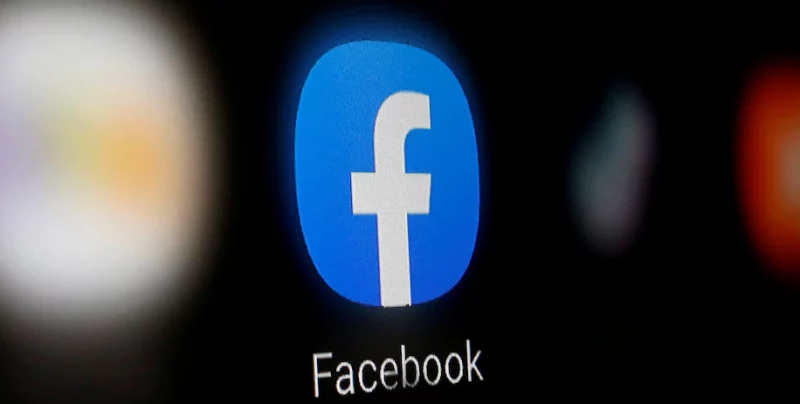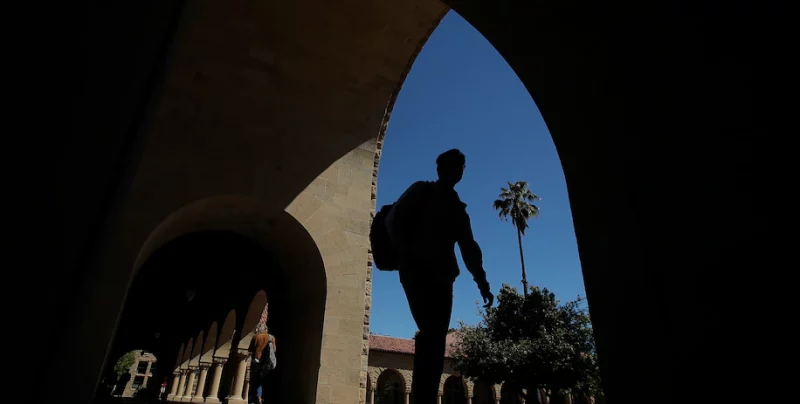
Secretary Shultz is one of the great men of our age, and I am lucky to have gotten to know him over the past several years during his time at the Hoover Institute at Stanford. Born in 1920, he has lived an extraordinary life and is still actively working on some of the most important problems of our time including nuclear non-proliferation and mentorship of government leaders.
Shultz hardly needs an introduction — an economist, statesman, and businessman, he has served in four Presidential administrations in a variety of roles including Secretary of Labor, Director of the OMB, Secretary of Treasury, and Secretary of State. He is an extraordinary polymath; a man admired by many leaders from all backgrounds.
Zac Bookman — my co-founder of OpenGov and the company’s CEO — and I visited him at his office recently to show off the progress at OpenGov and to get his advice in other areas. The Secretary is an advisor to OpenGov and we are excited to hear he plans to visit our team again soon. We were proud to show him that we have deployed the technology to over 1000 cities and districts, from 0 when we first discussed the idea with him, and to see his excitement about programs we are rolling out to make government work better. Although OpenGov was one topic, I was so inspired by other parts of our conversation and by the Secretary’s stories that I thought it would be fitting on America’s Independence Day this year to share some of this great American’s wisdom.
When Ideologies Clash, Focus on Problem Solving vs. Principals
In the early seventies, President Nixon put Vice President Spiro Agnew and Secretary Shultz in charge of getting rid of school segregation in the seven states that resisted earlier court rulings. Agnew didn’t want to touch the topic because he saw it as politically destructive, so Secretary Shultz jumped in and started working on the problem. Emotions were high and confronting this sensitive issue was tough going at first, but Shultz persevered and set up multi-racial commissions of leaders in each of the seven states. When he met with the commissions, he’d steer them away from ideological conversations and instead talk about the problems that needed to be solved — he would have them agree on the problems and discuss possible solutions.
“People are great problem solvers — it’s what we do,” he told us. By applying his leadership and persuasion and getting people to agree on a problem and work together to solve it, versus arguing about principles, groups overcame their differences and successfully eliminated segregation in many of the most stubborn parts of the southern US.
Make It Their Idea, and Work Behind the Scenes
It almost seems like a fantasy in this day and age, but when Secretary Shultz came up with a tax reform idea under President Reagan, he was able to get it passed 97 to 3 in the US Senate.
The reform lowered the tax rate in the top tax brackets for corporations but was revenue-neutral as it eliminated a lot of loopholes. Rather than take credit for the idea, which he knew would lead to opposition by the Secretary of Treasury and others in the White House, he convinced President Reagan to make it his idea. Then he worked behind the scenes with leaders on the left, found what was important to them, and got them to propose something similar. By having dialogue with both sides and empowering each to push forward what they wanted, his leadership and the trust he had from all sides enabled him to guide the reform through with nearly unanimous support.
Secretary Shultz never got credit for much of what he did, but he did earn great respect from many people on the inside. This is what true leadership looks like, and we can’t help but wish we had more men like him in government today.
Not Bi-Partisan, Mr. President — Non-Partisan
When Shultz and Henry Kissinger were visiting President Obama at the White House to discuss nuclear non-proliferation, the President commented that it was great to see much needed bi-partisan work being done. The Secretary corrected the President; the work wasn’t bi-partisan, it was non-partisan. Partisanship had nothing to do with it — some issues are just about what’s best for America and the world, regardless of parties. Rather than always see the world through the lens of parties and the goals of both sides, which leads to a constant “us-vs.-them” mentality, it’s good to carve out as much as you can and work together to achieve common goals.
The perspective of non-partisan goals and accomplishments is a refreshing paradigm; one that is emblematic of an older style of American leadership that would be very welcome in today’s hyper-polarized political environment.
The Shultz Rule
Another great American, our friend and investor Sam Reeves, took my 8VC partner Drew and my father and I golfing at his club at Cypress Point for father’s day this year. Many of the members knew and admired Secretary Shultz, so the golf course came up when I saw him the next week.

He asked how I did on hole 16, which is either played as an easy par 4, or else a particularly challenging 230-yard par 3 over a beautiful stretch of California ocean and cliffs. I went for it twice in a row, and the first ball bounced off the cliffs 220 yards away, but the second one ended up on the green. The Shultz Rule, created amongst his friends, says that if you take the risky and daring shot and go for the green, you get a mulligan (one free do-over) if you miss. By his logic, I was on in 1! His rule encapsulated a few things about the great man — both his bold nature and playful spirit… as well as his sense of diplomacy. It’s worth trying for greatness — and it’s worth having fun!
We are really lucky to have a man like Secretary George Shultz in our lives, and his lessons are particularly apt for today’s leaders.

